Over the course of the week long program, teacher participants will have the chance to visit several rural landmark sites related to California farm labor history. The program will unfold chronologically by exploring diverse history of migrant agricultural labor populations since the early twentieth century. The farm labor experience in the San Joaquin Valley is a multiracial and multicultural story. The landmark site visits listed below reflect the diversity of migrant laboring populations who have labored in the fields of California's San Joaquin Valley. Please visit the Google Earth tour Mapping Common Ground put together by Dr. Oliver Rosales to take a virtual tour of some of the sites you will visit as part of this project.
Site 1: Allensworth, California
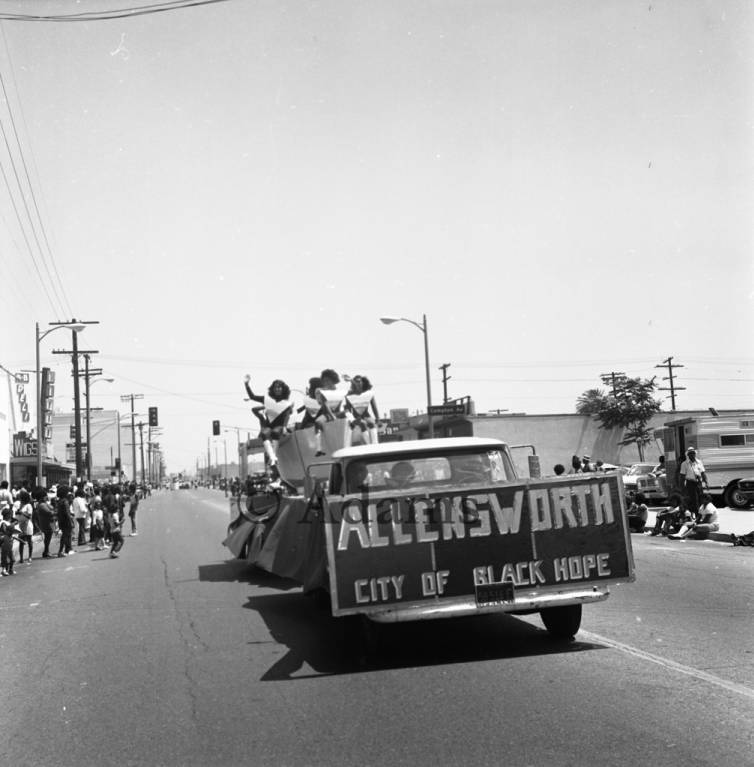
Site 2: Arvin, California
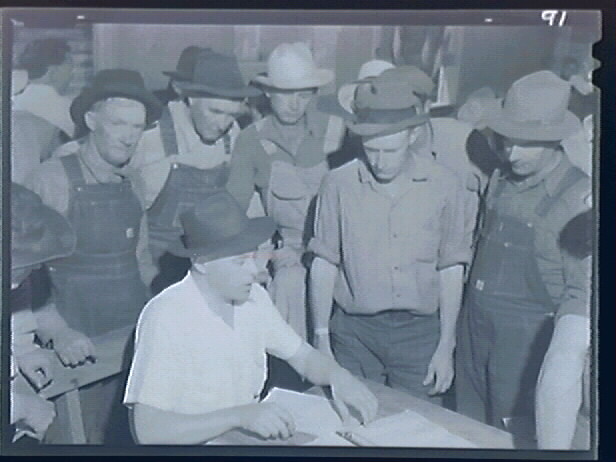
Site 3: Delano, California
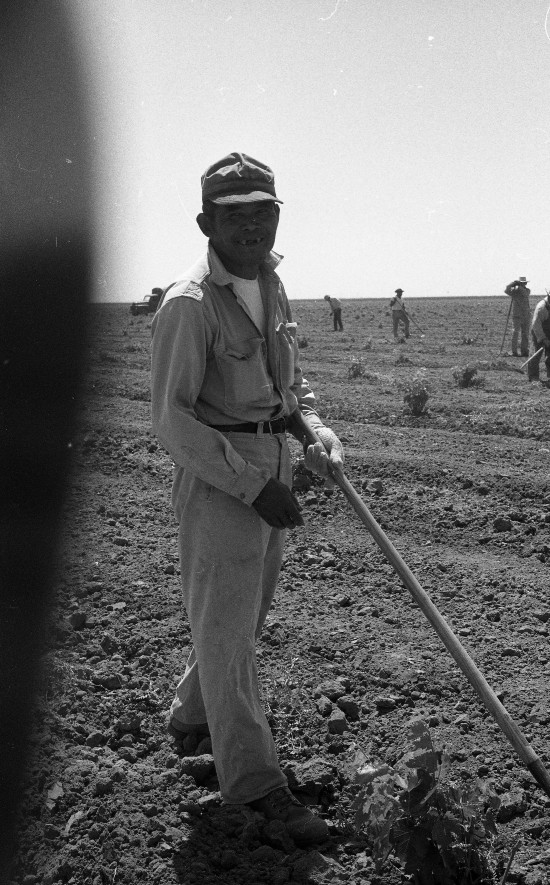
Site 4: Keene, California
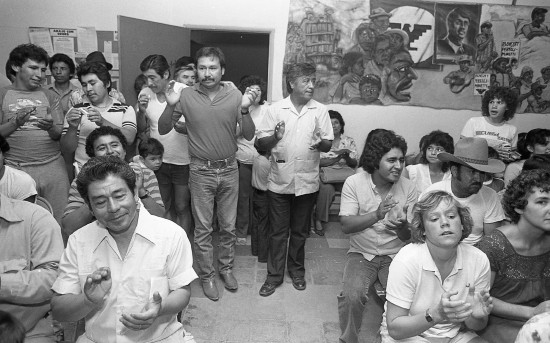
Program Schedule (tentative)
3:00-5:00 Arrival & Check-in at CSUB Residence Hall
5:00-6:30 Dinner on your own
6:30-7:00 Welcoming Remarks by Project Directors & Introductions
7:00-8:00 Screening of Adios Amor: The Search for Maria Moreno
8:00-8:45 Discussion with Filmmaker Laurie Coyle
Theme: African American Migration in the American Far West; Agriculture; Racial Segregation
Guiding Questions: How is the history of Allensworth representative of both the virulent history of Jim Crow discrimination in California, while at the same time, serve as a testament to the remarkable achievements of black men and women in American public life? How does the Allensworth story intersect with the broader themes in the history of water, agriculture, and settlement in the San Joaquin Valley?
Reading/Media:
Lynn Hudson, “The Best Proposition Made to Negroes in the State”: Building an All Black Town,” in West of Jim Crow: The Fight Against California’s Color Line; Mark Arax, The Dreamt Land.
Schedule
7:30 - Depart CSU Bakersfield
8:15 - Arrive at Allensworth State Historic Park
8:30 - Welcome by Friends of Allensworth
9:30 - Guided Tour of Historic Allensworth with State Parks
11:30 - Lunch & Group Discussion
1:00 - Presentation & Book Signing by Mark Arax
2:45 - 3:30 Return to CSUB
4:00 - 5:15 - (Re)Discovering, Culture, Identity, and Place in K-12 Schooling, Dr. Adeli Ynostroza Ochoa
Theme: Okie migration, agricultural labor, culture and music
Guiding Questions: How do the cultural histories of black and white southern migrants to the San Joaquin Valley converge, diverge, and intersect?
Reading/Media:
Excerpts from Gabriel Thompson, America’s Social Arsonist: Fred Ross and Grassroots Organizing in the Twentieth Century; Robert Price, The Bakersfield Sound: How a Generation of Displaced Okies Revolutionized American Music
Schedule
7:45 - Depart CSU Bakersfield
8:15 - Arrive at Sunset Labor Camp
8:30 - Interpretation by Dust Bowl Historic Preservation Committee
9:30 - Tour of Historic Grounds
10:30 - Literary Interpretation
11:00 - Overview with Kern Housing Authority of Migrant Center
11:30 - Return to CSUB
12:00 - 1:00 Lunch Hour
1:30 - 2:45 - Presentation and Book Signing by Robert Price
3:00-4:00 - Tour of the CSUB Archives and Special Collections/CSUB Bookstore Visits
4:15-5:15 - Introduction to C3 Unit Snapshot, Dr. Brittney Beck
Lady of Guadalupe Church (Delano, CA)
Theme: Labor and Civil Rights Movement, Farm Labor, Interracial Coalitions
Guiding Questions: How does the Filipino “manong” generation experience compare/contrast with other migrant farm laborers and why is the “manong” experience less well-known in the United States?
Reading:
Excerpts from John Dunne, Delano: The Story of the California Grape Strike; Dawn Mabalon and Gayle Romasanta, Journey For Justice: The Life of Larry Itliong
Schedule
7:15 - Depart CSU Bakersfield
8:00 - Arrive at Bakersfield College Delano Campus
8:15 - Welcome Remarks by Filipino American National Historical Society (FANHS)
9:00 - Guided Tour of various Delano sites with FANHS
11:00 - Arrive at Forty Acres for guided tour with Cesar Chavez Foundation (CCF)
12:00 - Lunch on site at Reuther Hall (Teatro Campesino)
1:00 - Agbayni Village & Discussion of Journey for Justice
2:15 - Depart to BC Delano Campus
2:45 - 5:00 pm - Screening of Dolores documentary, followed by discussion w/ DHF
5:00 - Depart to CSUB
Theme: Labor and Civil Rights, Farm Labor, Interracial Coalitions
Guiding Questions: What strategies of resistance did farm workers adopt during the civil rights era? What role did multi-ethnic coalition building play in the farm worker movement?
Reading:
Excerpts from: LeRoy Chatfield, To Serve the People: My Life Organizing with Cesar Chavez and the Poor
Schedule
7:15 - Depart CSU Bakersfield
8:00 - Arrive at La Paz
8:15 - Greetings by National Parks Service & National Chavez Center (NCC)
8:30 - Guided Tour of La Paz with NCC
10:00 - Tour of national monument
11:45 - Lunch on site
1:00 - Discussion at conference center & small group collaboration
3:00 - Depart to CSU Bakersfield
4:00 - Adjourn
5:00 - Depart to no-host dinner at Wool Growers Basque restaurant (Basque interpretation by Prof. Steve Gamboa)
8:30 - Morning Seminar with Project Directors
9:30 - Small Group Presentations
11:30 - Closing Ceremony
12:00 - Adjourn
The reference list below represents critical scholarship and research that informs
this project. Program participants will be required to enroll in an online asynchronous
non-credit course series offered through Bakersfield College (free of charge) that will provide digital access
to library research and other OER resources associated with this Landmarks Institute.
More information about enrollment in the non-credit course series will be distributed
to selected participants in April 2025.
Adios Amor: The Search for Maria Moreno. Directed by Laurie Coyle. Good Docs. 2017. Streaming.
Araiza, Lauren. To March For Others: The Black Freedom Struggle and the United Farm Workers. Philadelphia: University of Pennsylvania Press, 2014.
Arax, Mark. The Dreamt Land: Chasing Water and Dust Across California. New York: Vintage Books, 2020.
Brilliant, Mark. “The Color of America Has Changed”: How Racial Diversity Shaped Civil Rights Reform in California. Oxford: Oxford University Press, 2010.
Chatfield, LeRoy. To Serve the People: My Life Organizing with Cesar Chavez and the Poor. Albuquerque: University of New Mexico Press, 2019.
Delano Manongs: Forgotten Heroes of the United Farm Workers. Directed by Marissa Aroy. 2014. Media Factory. DVD.
Dunne, John. Delano: The Story of the California Grape Strike. Berkeley: University of California Press, 2007.
Eissinger, Michael. “Re-Collecting the Past: An Examination of Rural Historically African American Settlements across the San Joaquin Valley.” Ph.D. diss, University of California, Merced, 2017.
_______. “Growing Along the Side of the Road: African American Settlements in Central California.” Journal of the West. Vol. 54, No. 3 (July 2015): 13-26.
Flores, Lori. Grounds for Dreaming: Mexican Americans, Mexican Immigrants, and the California Farm Worker Movement. New Haven: Yale University Press, 2016.
Gregory, James. American Exodus: The Dust Bowl Migration and Okie Culture in California. Oxford: Oxford University Press, 1989.
Gruenewald, D. (2003). The best of both worlds: A critical pedagogy of place. Educational Researcher, 32(4), 3–12.doi:10.3102/0013189X032004003
Haslam, Gerald. Coming of Age in California. Walnut Creek: Devil Mountain Books, 2000.
Hudson, Lynn M. West of Jim Crow: The Fight Against California’s Color Line. Urbane: University of Illinois Press, 2020.
Mabalon, Dawn and Gayle Romasanta. Journey for Justice: The Life of Larry Itliong. Bridge and Delta Publishing, 2018.
McBroome, Delores. “African American Boosterism, Agriculture, and Investment in Allensworth and Little Liberia” in Lawrence B. de Graaf, ed., et.al., Seeking El Dorado: African Americans in California. University of Washington Press, 2001.
Paiz, Christian. The Strikers of Coachella: A Rank-and-File History of the UFW Movement. Chapel Hill: University of North Carolina Press, 2023.
Pawel, Miriam. The Crusades of Cesar Chavez: A Biography. New York: Bloomsbury, 2014.
Price, Robert. The Bakersfield Sound: How a Generation of Displaced Okies Revolutionized American Music. Berkeley: Heyday Books, 2018.
Rodriquez, Alicia E. “No Ku Klux Klan for Kern”: The Rise and Fall of the 1920s KKK in Kern County, California.” Southern California Quarterly. Vol. 99 No. 1. (Spring 2017): 5-45.
Ryan, Pam Muñoz. Esperanza Rising. First Edition. New York: Scholastic Press, 2000.
Sawyer, Adam, et.al., “Improving Schooling Outcomes for Latinos in Rural California: A Place-Based Approach to Farm Workers History,” Journal of Latinos and Education (2019).
Thompson, Gabriel, ed. Chasing the Harvest: Migrant Workers in California Agriculture. London: Voice of Witness, 2017.
______. America’s Social Arsonist: Fred Ross and Grassroots Organizing in the Twentieth Century. Berkeley: University of California Press, 2016.
Weber, Devra. Dark Sweat, White Gold: California Farm Workers, Cotton, and the New Deal. Berkeley: University of California Press, 1994
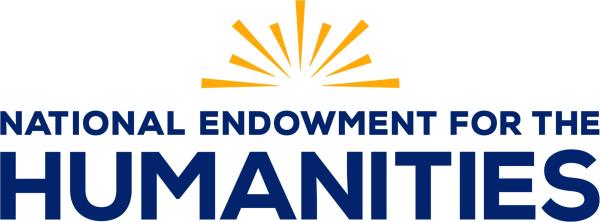
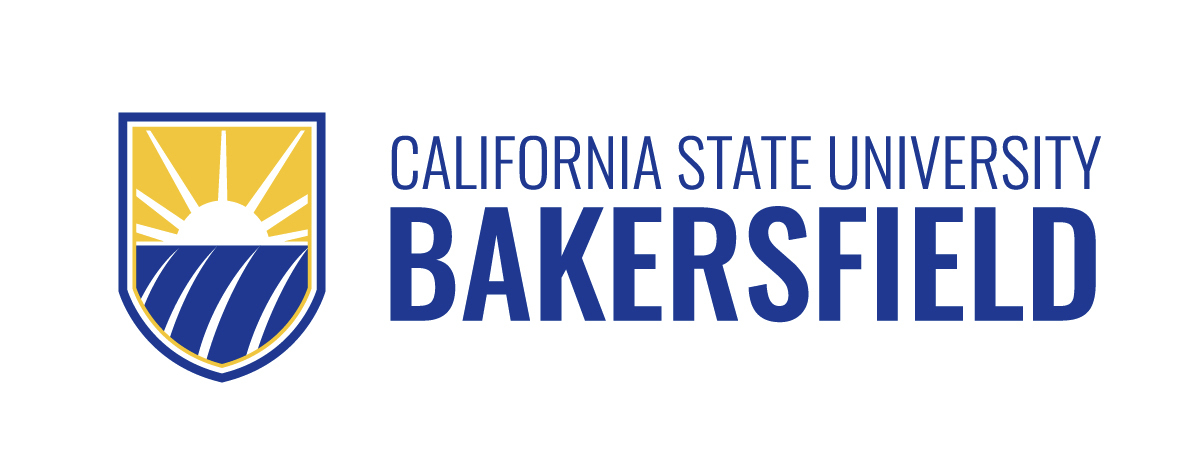
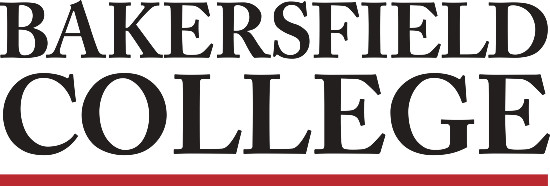
Photo Credit
"No on 22" UFW artwork, Lamont, California (1983). Photo courtesy of John Harte.